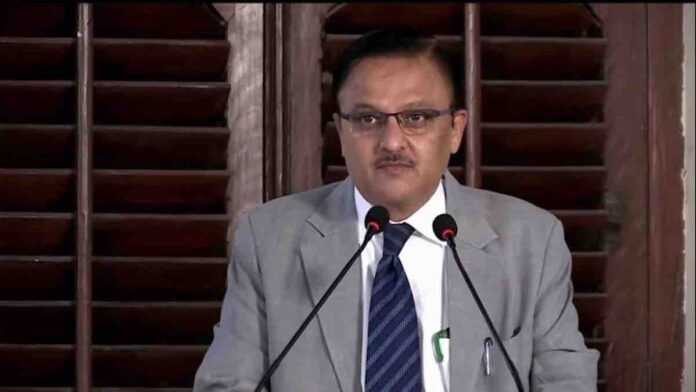Supreme Court Justice Abhay Oka expressed significant concerns over the inadequate judicial infrastructure in Maharashtra compared to the robust support seen in Karnataka. Speaking at the Ashok Desai Memorial Lecture on the topic ‘What ails our criminal justice system—some thoughts’, Justice Oka, who previously served as the Chief Justice of Karnataka High Court and as a judge in the Bombay High Court, highlighted the stark contrasts between the two states.
In his address, Justice Oka lamented the difficulties faced in Maharashtra when attempting to secure basic judicial infrastructure. “We struggle to get infrastructure from Maharashtra government. We lack basic infrastructure. It is very very difficult to get infrastructure from Maharashtra government,” he stated, noting that judges in Pune’s civil court complex do not even have separate chambers.
Conversely, Justice Oka praised the situation in Karnataka, where he observed a much more accommodating approach from the state government towards judiciary needs. “It is very very different in Karnataka. There whatever the judiciary asks the government gives. The scenario in Maharashtra is very different,” he remarked, even mentioning that the Kalaburagi bench of the Karnataka High Court resembles a five-star hotel due to its facilities.
During the lecture, Justice Oka also delved into broader issues plaguing India’s criminal justice system, which he believes has not met the common man’s expectations. He discussed the contentious issue of capital punishment, revealing his personal opposition to the practice and calling for a thorough debate involving all stakeholders on its necessity and effectiveness as a deterrent.
Additionally, Justice Oka emphasized the principle that bail should be the norm and jail the exception, critiquing the prevailing retributive impulses in society and the undue pressures these place on the police to make arrests. This, he argued, often leads to unnecessary detentions and a public perception of guilt upon arrest, exacerbated by trials conducted in the media and on social media platforms.
Highlighting the changes in bail proceedings over the decades, Justice Oka pointed out that newer legislation such as the Unlawful Activities Prevention Act (UAPA), Prevention of Money Laundering Act (PMLA), and Narcotic Drugs and Psychotropic Substances Act (NDPS) have made granting bail more complex, requiring courts to examine the facts of cases more closely even at the bail stage.




